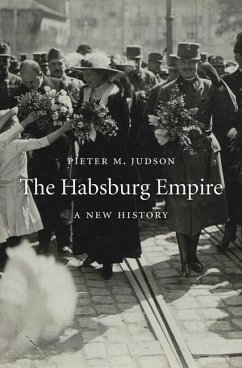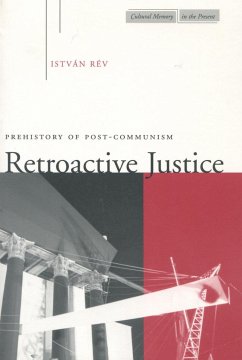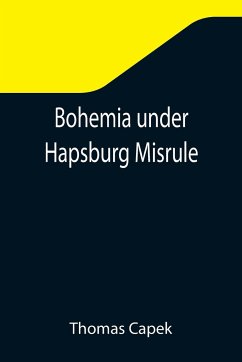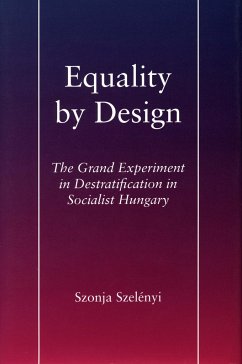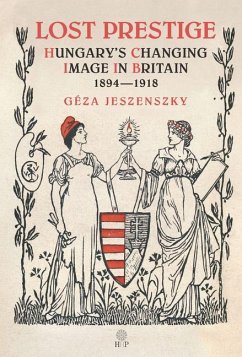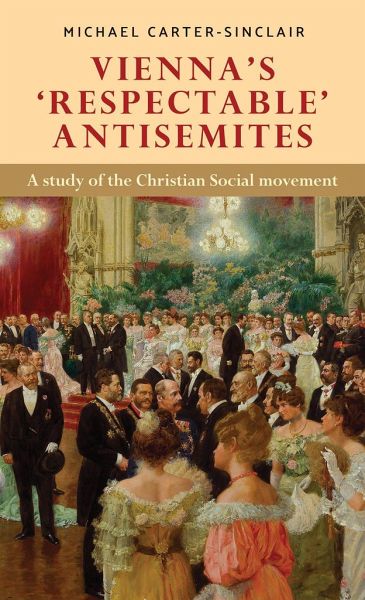
Vienna's 'Respectable' Antisemites
A Study of the Christian Social Movement

PAYBACK Punkte
64 °P sammeln!
This book presents a radical reconsideration of the role of key players in developing an organised, politically oriented antisemitism in Vienna in the decades leading to the 1938 Anschluss. It pays particular attention to the clergy and how their antisemitism fitted the worldview of an authoritarian, hierarchical society.





